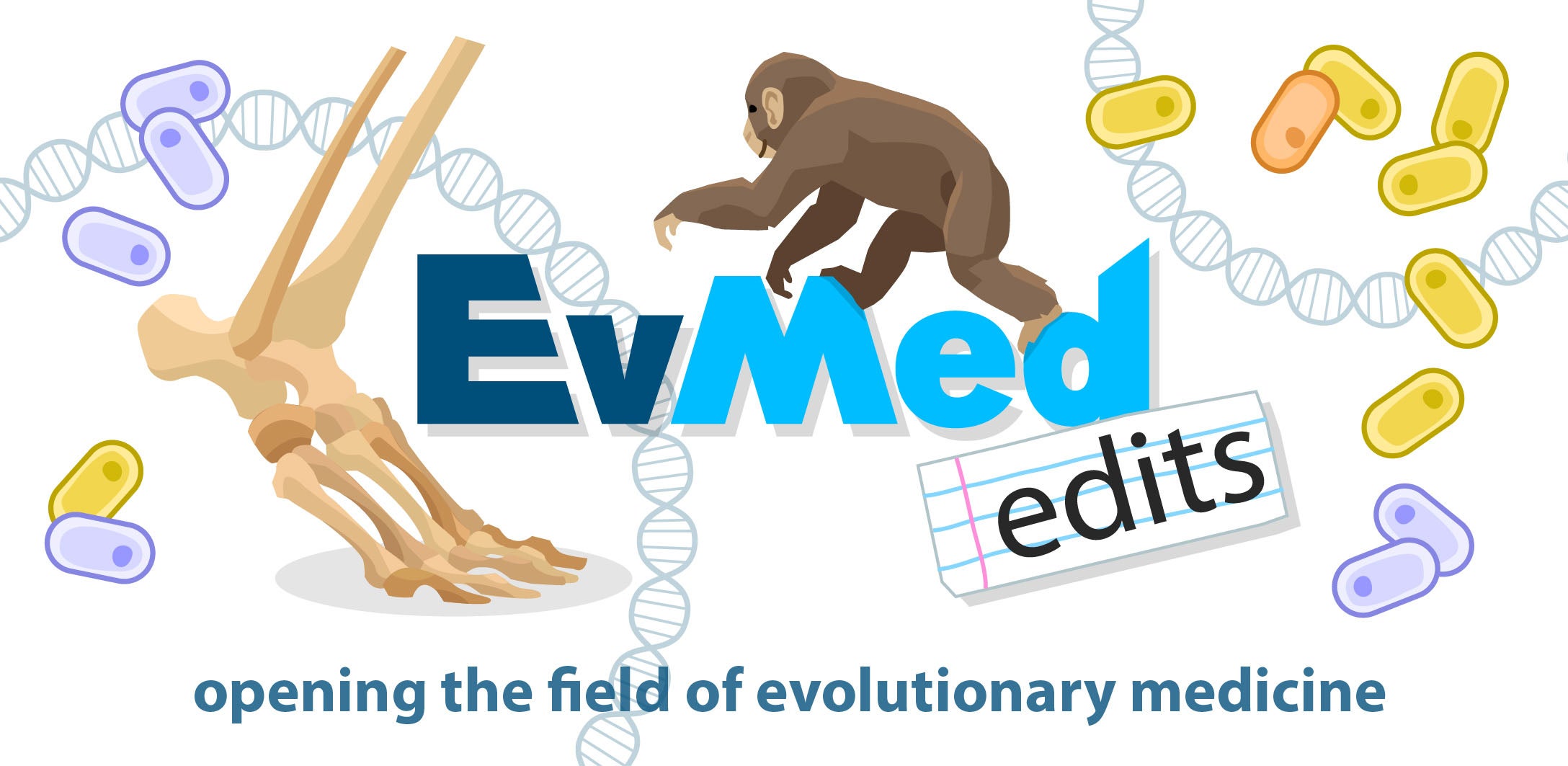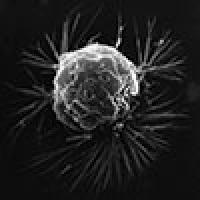
EvMed Edits
Evolutionary medicine is a fairly new field of study that uses what we know about evolution to help us better understand, prevent, and treat disease. Studies on evolutionary medicine can focus on humans, apes, mice, bacteria or any other organism that might contribute to our knowledge of how evolution affects human health. Evolutionary Medicine research can also focus on whole animals, cells, or molecules. Scientists are learning new things about the field every day. They are also writing about their discoveries. In most cases they publish in science magazines called journals, such as Evolution, Medicine, and Public Health or Public Library of Science.
In our EvMed Edits section you will find stories that will help you read and explore these articles. If you're interested in diving even further into the world of the scientific article, check out our Anatomy of an Article story. We also have stories exploring articles across a broader range of biology in our PLOSable section.
Be Part of
Ask A Biologist
By volunteering, or simply sending us feedback on the site. Scientists, teachers, writers, illustrators, and translators are all important to the program. If you are interested in helping with the website we have a Volunteers page to get the process started.










